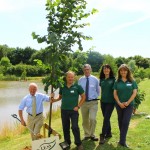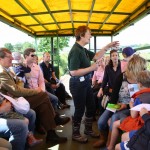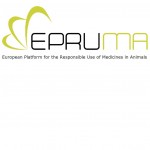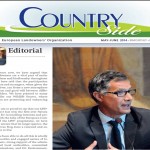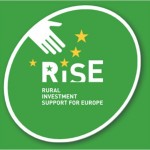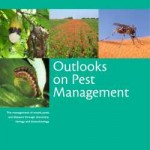 Abstract:
Abstract:
Insect pests and vectors of animal and plant diseases are a major constraint to the improvement of agricultural productivity, and a continuous threat to food security and livelihoods, particularly in less developed countries. The excessive reliance on broad-spectrum insecticides as the prevailing strategy to control pest outbreaks for over 50 years worldwide has showed some limitations with the increasing number of documented cases of field-evolved resistance and re-emergence of pests or vector-borne diseases that had been previously placed under control. More widely, agriculture intensification has contributed to the erosion of crop and livestock genetic diversity and fragmentation or suppression of natural habitats supporting biodiversity-mediated ecosystem services such as insect pest regulation. These concerns are being exacerbated in a context of … Read more…
Authors: Brévault, Thierry; Bouyer, Jérémy
Source: Outlooks on Pest Management, Volume 25, Number 3, June 2014, pp. 212-213(2)
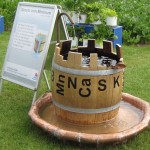 25 July, 2014
25 July, 2014

